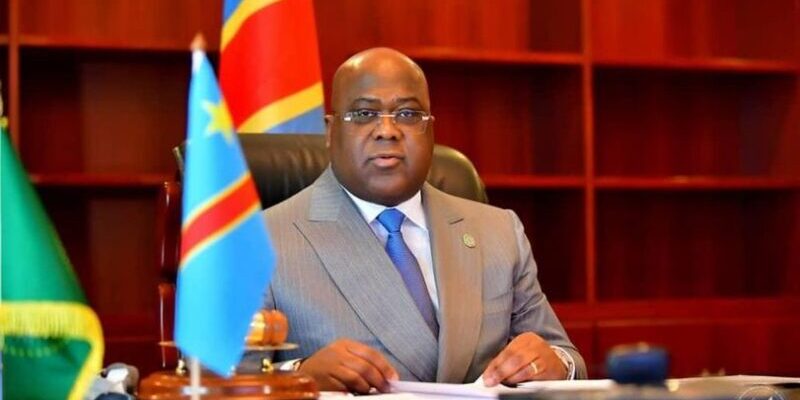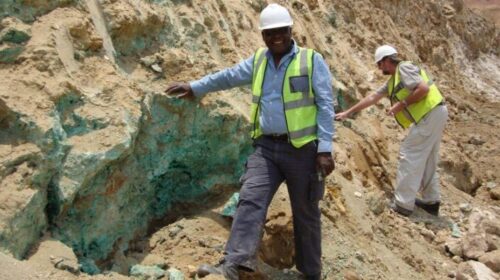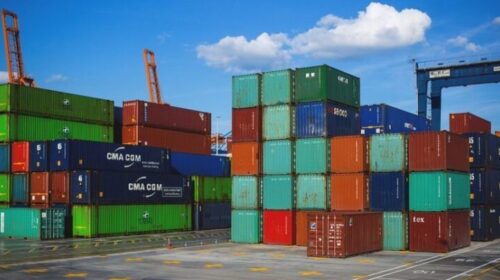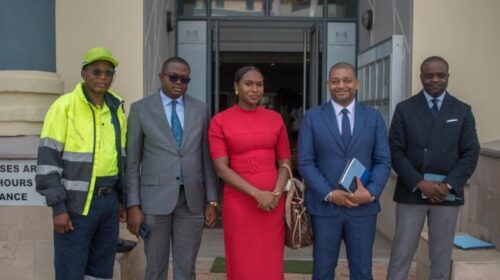President Tshisekedi Highlights Shift Towards BRICS Amid Criticism of Western Attitudes
During his recent official visit to France in early May, President Félix-Antoine Tshisekedi of the Democratic Republic of Congo (DRC) discussed his country’s international stance in an interview with French journalist Darius Rochebin on LCI.
President Tshisekedi criticized Western nations, particularly in Europe, for their lack of understanding of African realities and their perceived arrogance in giving lessons. He emphasized his preference for engaging with Russia and China over Western countries.
DRC’s Engagement with BRICS and the Shift in Global Power
At the 15th BRICS Summit last September, the DRC participated as a friendly nation, expressing its intent to strengthen relations with BRICS member countries, especially South Africa.
This summit marked the expansion of BRICS to include Egypt, Ethiopia, Iran, Saudi Arabia, and the United Arab Emirates. The DRC’s desire to join this platform aligns with the current geopolitical trend of de-Westernization, where economic, demographic, and cultural shifts are moving the balance of power from the West to the East and the Global South.
This realignment is characterized by two major postures within the Global South: anti-Western (exemplified by China, Russia, Iran) and multi-aligned (exemplified by South Africa, India, UAE, and DRC).
Renowned American political scientist Samuel Huntington’s “Clash of Civilizations” theory, which predicts future conflicts between different civilizations, appears increasingly relevant in this context.
Joining BRICS+5 could bring substantial benefits to the DRC, particularly for its agricultural sector. President Tshisekedi’s 2023-2028 electoral campaign emphasized prioritizing the agro-industry and forest resources sectors. Membership in BRICS+5 could support this vision through:
1. Investments and Financing: BRICS nations have significant financial resources that could be invested in DRC’s agriculture, supporting infrastructure, technology, and rural development projects.
2. Technology Transfer: The DRC could benefit from BRICS’ technological advancements in agriculture, enhancing productivity and modernizing agricultural practices.
3. Training and Exchanges: BRICS could provide training programs, expert exchanges, and capacity building for DRC’s agricultural sector, improving local farmers’ skills and knowledge.
In an increasingly multipolar world, the DRC’s strategic alignment with BRICS+5 can forge mutually beneficial economic partnerships, fostering sustainable development and improving the well-being of the Congolese people.
SOURCE:zoom–eco-net
144 total views , 1 views today





